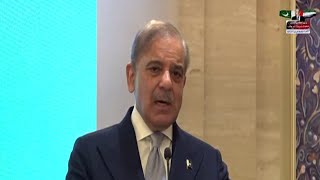NEW YORK: A federal judge on Monday dismissed long-running litigation accusing seven US stock exchanges of defrauding ordinary investors by quietly allowing high-frequency traders to trade faster and at better prices.
Exchanges including the New York Stock Exchange, Nasdaq and BATS Global Markets were accused of providing high-frequency trading firms with enhanced data feeds and faster order processing, and letting them locate their servers near the exchanges’ own so trading signals would be sent faster.
But in a 46-page decision, US District Judge Jesse Furman in Manhattan said investors in the proposed class action could not prove they suffered harm because of the exchanges’ actions, which they said violated federal securities law.
The judge said reports from the plaintiffs’ expert witness, a former high-frequency trader who now consults on market structure, were “not based on reliable methodology,” and did not track the trading firms’ use of the specialized services.
Because those reports were inadmissible, “it follows that plaintiffs have adduced no admissible evidence that their own trades were harmed by the exchanges’ challenged conduct,” depriving them of legal standing to sue, Furman wrote.
Lawyers for the investors and the exchanges did not immediately respond to requests for comment.
High-frequency traders use computer algorithms to gain split-second trading advantages.
They were the subject of Michael Lewis’ best-seller “Flash Boys,” published in March 2014. The lawsuit began the next month.
BATS is now part of CBOE Global Markets Inc, while the NYSE is part of Intercontinental Exchange Inc.
Investors were led by the city of Providence, Rhode Island and several pension plans, including for the city of Boston. Furman had dismissed their claims in 2015, finding the exchanges were absolutely immune from liability under federal law, but an appeals court overturned that finding two years later.
The case is City of Providence, Rhode Island et al v BATS Global Markets Inc et al, US District Court, Southern District of New York, No. 14-02811.























Comments
Comments are closed.